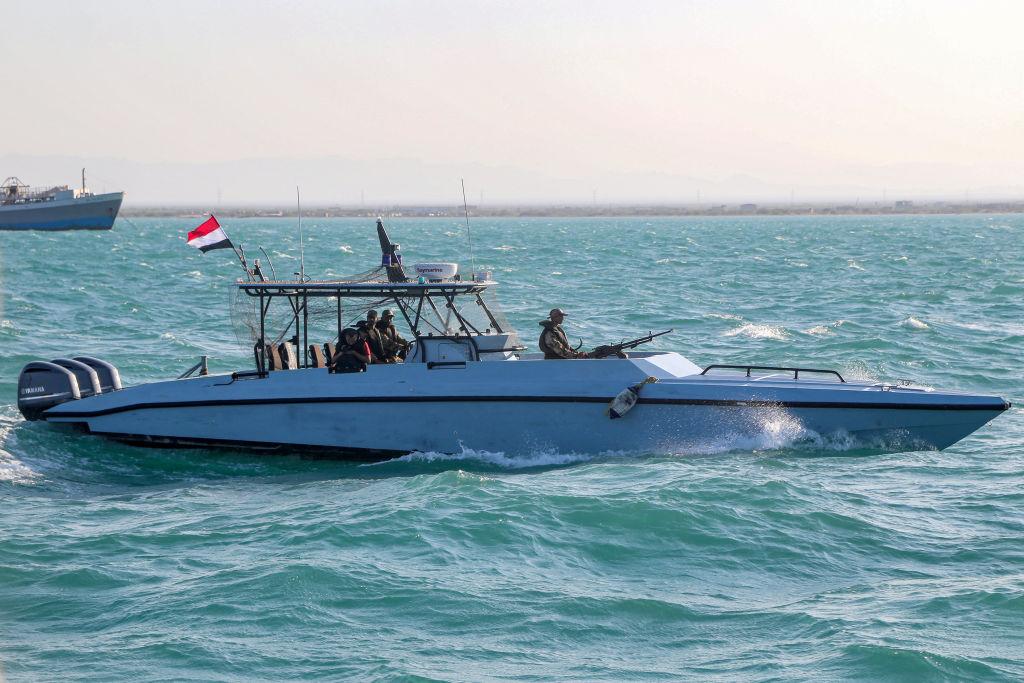Iran has threatened to shut down the Mediterranean Sea shipping waterways because of what it describes as “crimes” committed by the United States and its allies in Gaza, as Tehran-backed Houthi terrorists continue to attack merchant vessels traveling through the region.
“They shall soon await the closure of the Mediterranean Sea, [the Strait of] Gibraltar and other waterways,” said Mohammad Reza Naqdi, a general with the Iranian Revolutionary Guards, according to a Dec. 23 report from Iranian state media.





